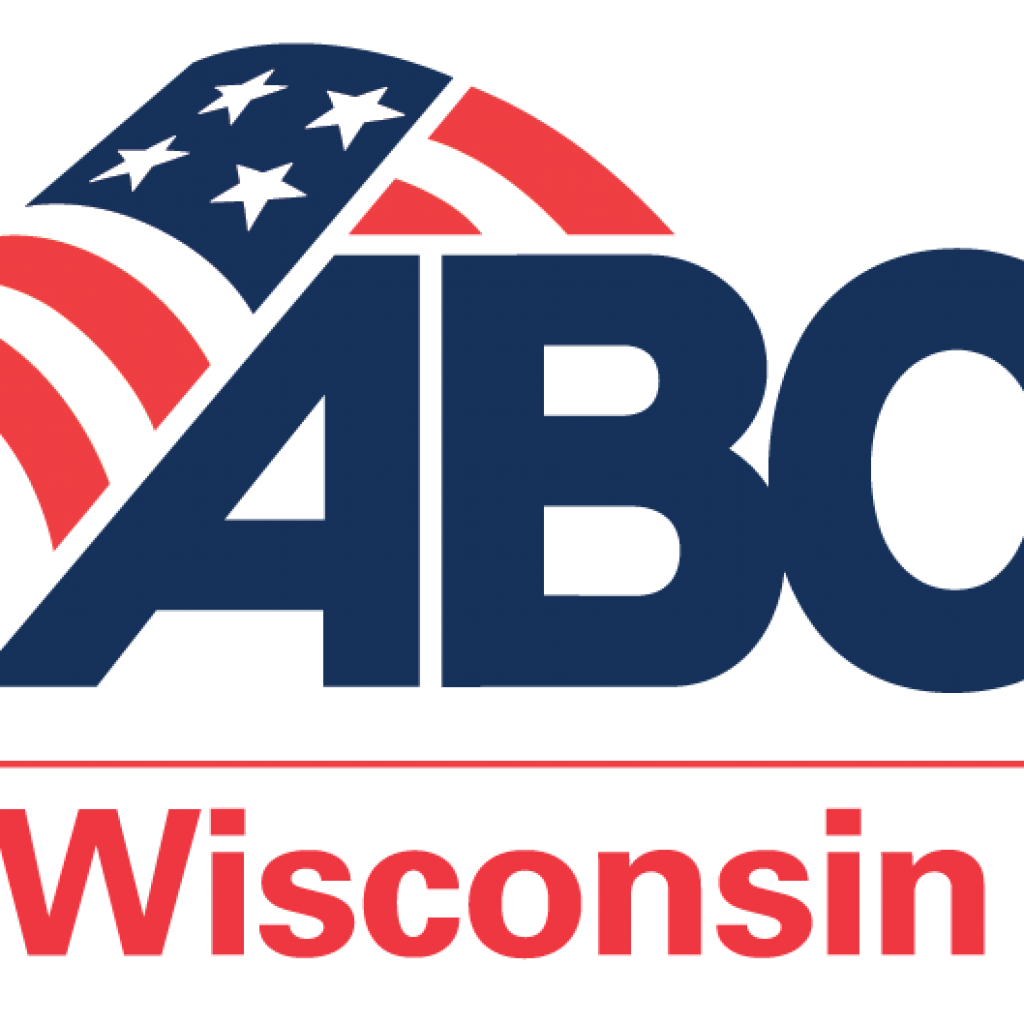Wisconsin Gov. Evers’ “Safer At Home” executive order continues to exempt construction operations as “essential services.”
“We are glad Gov. Evers is maintaining his position that construction as essential services,” said John Mielke, ABC of Wisconsin president.
“It would be incorrect to say that it is business as usual for construction,” Mielke said. “However, in part due to significant lobbying by ABC’s government affairs staff, we are pleased to report that construction generally is deemed an essential service and therefore not subject to Governor Evers’ executive order because construction is essential, and job sites can be operated safely.”
ABC safety expert Don Moen agreed.
“Construction contractors and their employees are used to practicing a wide range of safety standards to mitigate risk, including the use of personal protective equipment,” said Don Moen, ABC of Wisconsin Human Resources & Safety Director. “Contractors will be able to manage the exposure and risk to workers by following the recommendations of the CDC and implementing a few more important safety practices related to COVID-19.”
Wisconsin has avoided what took place in Pennsylvania, San Francisco, and several Massachusetts’ cities, including Boston, that effective stopped construction.
Here is a summary of the executive order exemption:
Effective Wednesday, March 25, 2020 at 8:00 a.m. until 8:00 a.m. Friday, April 24, 2020, or until a superseding order is issued, Gov. Tony Evers’ “safer at home” emergency order is effective statewide. The order closes nonessential businesses, directs everyone to stay home and practice six feet social distancing when outside or in public specifically deemed essential. Travel is prohibited except when deemed essential.
Construction is deemed essential and generally exempt from the “stay at home” requirement. The term “construction” is to be construed broadly to avoid any impacts on essential infrastructure. This includes:
- Building and Construction Tradesmen and Tradeswomen, and other trades including but not limited to plumbers, electricians, carpenters, laborers, sheet metal, iron workers, masonry, pipe trades, fabricators, finishers, exterminators, pesticide application, cleaning and janitorial staff for commercial and governmental properties, security staff, operating engineers, HVAC, painting, moving and relocation services, forestry and arborists, and other service providers who provide services that are necessary to maintaining the safety, sanitation, and essential operation of residences, Essential Activities, Essential Governmental Functions, and Essential Businesses and Operations.
- Construction required in response to this public health emergency, hospital construction, construction of long-term care and assisted living facilities, public works construction, school construction, essential business and operations construction, construction necessary for essential government functions, and housing construction. The EO recommended that optional or aesthetic construction should be avoided.
Ancillary Businesses also deemed essential:
- Building management and maintenance,
- Highways, railroads and public transportation.
- Financial institutions and services
- Hardware and supplies stores. Hardware stores and businesses that sell electrical, plumbing, heating and construction material.
- Mail, post, shipping, logistics, delivery and pick-up services.
- Transportation. Airlines, taxis, transportation network providers (such as Uber and Lyft), vehicle rental services, paratransit and other private, public, and commercial transportation and logistics providers.
- Professional services. Legal or accounting services, insurance services, real estate services (including appraisal, home inspection and title services).
All essential businesses to the greatest extent possible, are encouraged to use technology to avoid meeting in person and engage in social distancing.
_______________
On Monday, ABC of Wisconsin led a coalition of 10 construction-related organizations to urge Gov. Evers to maintain his position that construction is an essential service. Not everyone will agree with this decision.
“It’s important to understand that construction provides important and essential infrastructure work for health care, public works and manufacturing, which are all extremely important right now, not to mention telecommunications, internet, plumbing, electrical and all the services for essential operation of critical facilities and residences,” Mielke said.
Mielke says it’s important for contractors to use their own discretion that meets individual needs and complies with appropriate state and local orders.
“If a contractor deems a service to be non-essential or feels that the health and well-being of employees are at risk, that needs to be evaluated on a case-by-case basis,” Mielke said.












